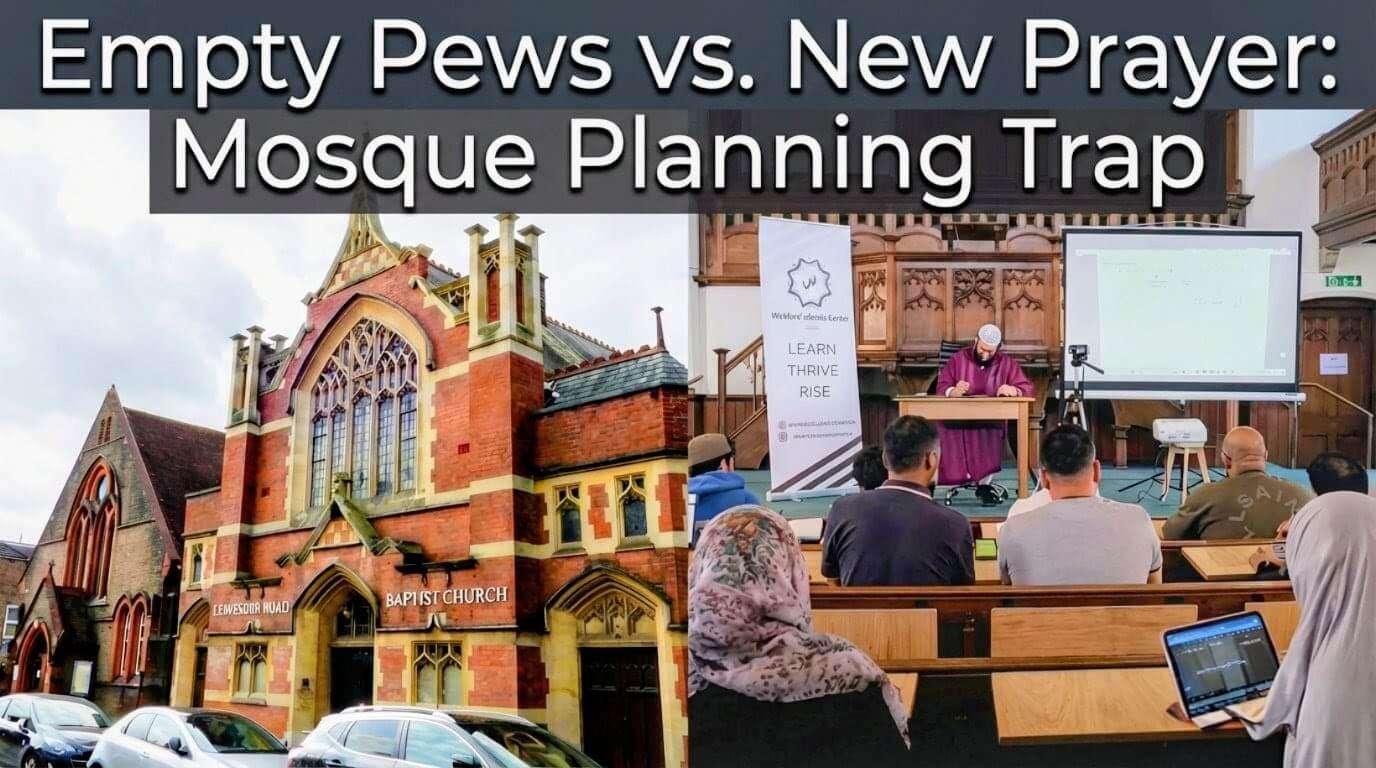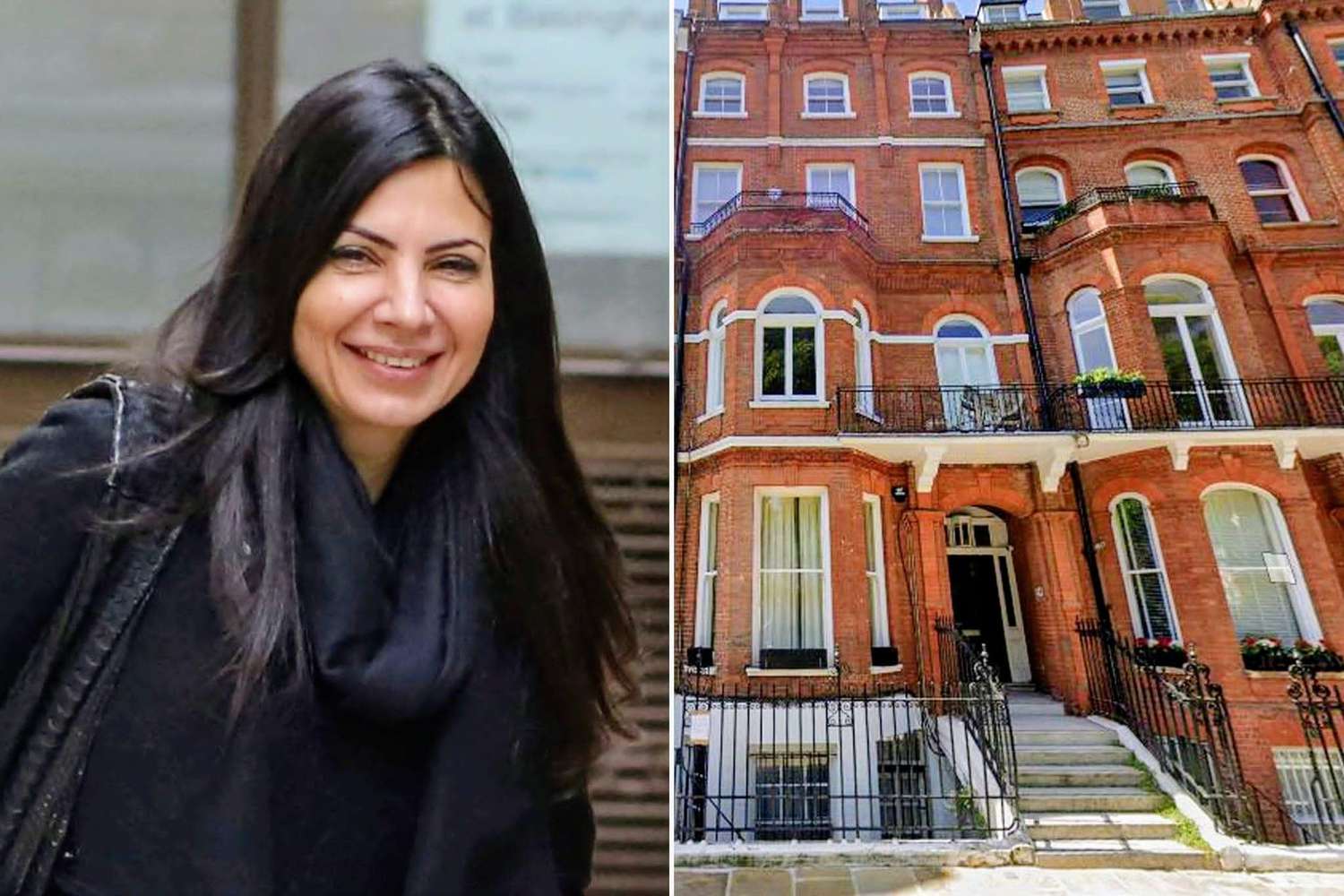britiIn a stunning development that ratchets up political tensions in South Asia, Bangladesh’s International Crimes Tribunal (ICT) has sentenced former Prime Minister Sheikh Hasina to death. The verdict, delivered Monday, found the long-time leader and her former Home Minister, Asaduzzaman Khan, guilty of crimes against humanity stemming from the deadly crackdown on student-led protests in July and August 2024, which ultimately brought down her 15-year rule.
Hasina, who is currently in exile in India, was tried in absentia. Her government, dominated by the now-banned Awami League, was ousted amid the mass uprising, which resulted in the deaths of an estimated 1,400 people. Hasina, who had previously governed Bangladesh for over 15 years, has vehemently rejected the verdict, calling the tribunal a “kangaroo court” and the proceedings a politically motivated "sham trial" orchestrated by the interim government led by Nobel laureate Muhammad Yunus.
The Legal Battle and Next Court Process
The death sentence is not immediately final and is set to trigger a protracted legal battle. The next judicial step would typically involve an automatic appeal to the Supreme Court of Bangladesh. This process will test the constitutional and legal frameworks of the nation's highest court, especially given the political controversy surrounding the ICT and the trial-in-absentia nature of the conviction.
Hasina’s legal team, which has already filed an urgent appeal with the United Nations Special Rapporteur on fair trial rights, is expected to formally challenge the verdict on grounds of a lack of fair trial rights, due process violations, and political motivation. The Awami League party, despite being banned, has already called for nationwide protests against the ruling, raising fears of further instability.
Tulip Siddiq’s Stance
As of the latest reports following the death sentence verdict, there is no immediate, new official statement from Tulip Siddiq, the UK Labour MP and Hasina’s niece. However, Siddiq has a long-established position on the overall judicial actions against her and her family members. She has previously denounced the corruption trial against her in Bangladesh as a "farce" built on "fabricated accusations and driven by a clear political vendetta."
Related news: Bangladesh Tribunal Sentences Ousted PM Sheikh Hasina to Death for Crimes Against Humanity
Siddiq, who resigned from her Treasury role in the UK government after facing scrutiny over her family's links to the former regime, has maintained her innocence and distanced herself from the politics in Dhaka. Her established position frames the legal actions against the Awami League establishment as politically driven persecution.
Conditions for Hasina’s Return to Bangladesh
For Sheikh Hasina, the possibility of returning to Bangladesh hinges not on the court verdict alone, but on a fundamental political shift. Speaking from her self-imposed exile in India, Hasina has set clear, non-negotiable conditions for her return, which she stated would be contingent on the restoration of participatory democracy.
Specifically, she demands that the Muhammad Yunus-led interim administration:
- Rescind the ban on her political party, the Awami League.
- Guarantee free, fair, and inclusive elections where her party can contest.
- Restore genuine democratic norms.
Given that the current unelected interim government is committed to conducting national elections in 2027 and maintaining the ban on the Awami League, the chances of Hasina returning to Bangladesh before the next scheduled election are exceptionally remote. A return after the election would only be plausible if a pro-Awami League or a neutral, compromising government were installed, a scenario that currently appears unlikely.
Daily Dazzling Dawn Analysis: Life in Permanent Exile
If Sheikh Hasina is unable to return to Bangladesh, her life would transform into that of a prominent global political figure in permanent, guarded exile. Her future would likely entail:
A Global Political Platform: She would likely maintain a high-profile presence on the world stage, leveraging her legacy as a former four-time Prime Minister and the daughter of Bangladesh’s founding father, Sheikh Mujibur Rahman. She would continue to advocate for the Awami League from abroad, seeking to delegitimize the current regime by accusing it of authoritarianism and judicial weaponization. Her base in India, a regional ally, provides a strategic geopolitical advantage for this effort.
A Life of Seclusion and Security: Despite the political activity, her day-to-day life would be necessarily reclusive, dictated by security concerns. Her exile would likely be characterized by a low-key, heavily guarded existence, similar to reports of her current life in New Delhi, punctuated by carefully orchestrated public or media appearances. The constant threat of extradition or political maneuvering by the Dhaka government would necessitate a highly guarded existence, a stark contrast to her previous life in power.
A Symbol for the Opposition: Within Bangladesh, she would morph into a potent, symbolic figure of the resistance against the new government. She would represent the ‘old guard’ of politics and nationalism for her party loyalists. This symbolic status could allow her to exert continued influence over the Awami League, even in her absence, potentially guiding future political strategy and the party's eventual re-emergence.
A Cautionary Tale of Power: Her legacy would be forever framed by the end of her rule and the verdict. Her final years in exile would be a mix of defending her record of economic growth and fighting the criminal convictions related to her government's human rights abuses, solidifying her place as a cautionary tale of a leader whose grip on power ended in precipitous downfall and judicial reckoning.







.jpg)
.svg)



